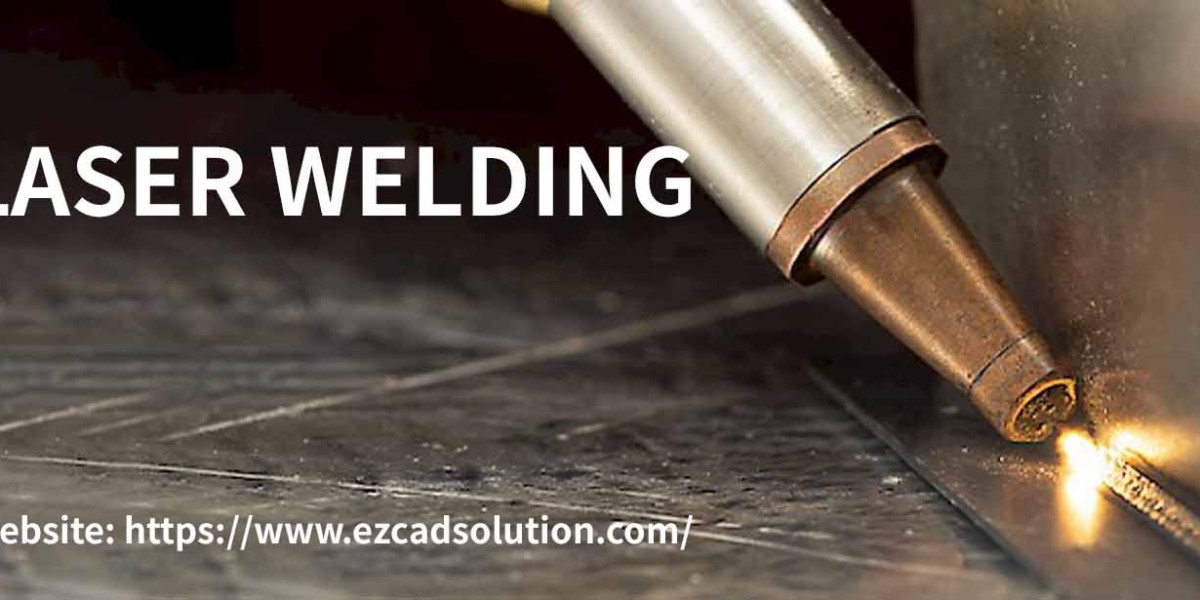Laser welding is an advanced manufacturing technique that uses concentrated laser beams to join materials with precision and efficiency. This article explores the fundamentals of laser welding, the capabilities of laser welding machines, and factors influencing laser welding machine prices.
What is Laser Welding?
Laser welding is a process that utilizes high-powered laser beams to melt and fuse materials together. The concentrated energy of the laser creates a localized heat zone that melts the material surfaces, allowing them to bond as they cool. Laser welding is renowned for its precision, speed, and ability to work with various materials, including metals and plastics. This technology is widely used in industries such as automotive, aerospace, and electronics due to its high-quality welds and minimal thermal distortion. The accuracy and control offered by laser welding make it an ideal choice for applications requiring detailed and consistent welds.
Laser Welding Machines: Key Features and Capabilities
Laser welding machines are sophisticated devices designed to perform laser welding with precision and reliability. These machines come equipped with a laser source, optics, and a control system to manage the welding process. Key features of laser welding machines include adjustable laser power, focus control, and advanced motion systems that enable precise positioning of the laser beam. Some machines also offer automated functions and integration with computer systems for enhanced efficiency and repeatability. The choice of laser welding machine depends on the specific requirements of the application, including the type of material being welded and the desired weld quality.
Factors Influencing Laser Welding Machine Price
The price of a laser welding machine can vary significantly based on several factors, including its features, power, and capabilities. Entry-level models may start at around $50,000, while high-end systems with advanced features can exceed $200,000. Factors that affect the cost include the type of laser used (e.g., fiber or CO2), the machine’s power output, and its additional functionalities such as automation and advanced control systems. The complexity of the welding tasks and the material types being welded also influence the price. Investing in a high-quality laser welding machine can improve weld quality, increase productivity, and offer long-term cost benefits despite the initial investment.
Advantages of Laser Welding
Laser welding offers several advantages over traditional welding methods. One of the primary benefits is its precision, which allows for the creation of high-quality welds with minimal thermal distortion. This precision is particularly important for applications involving thin materials or intricate components. Additionally, laser welding is highly efficient, with fast processing times and the ability to weld materials with minimal pre- and post-welding preparation. The process is also more environmentally friendly, as it reduces the need for consumables and generates less waste compared to traditional welding methods.
Applications of Laser Welding
Laser welding is used in a wide range of industries and applications. In the automotive industry, it is employed for welding body panels and structural components, providing strong and lightweight joints. In the aerospace sector, laser welding is used to create precise welds in critical components, such as turbine blades and fuel systems. Electronics manufacturers use laser welding for assembling delicate components and ensuring reliable electrical connections. The versatility of laser welding makes it suitable for many other applications, including medical device manufacturing, jewelry making, and more.
Conclusion
Laser welding is a cutting-edge technology that offers exceptional precision and efficiency for joining materials. Laser welding machines come with various features and capabilities, and their prices can range widely depending on their specifications. Understanding the advantages of laser welding, as well as the factors influencing machine prices, can help businesses make informed decisions when selecting equipment. With its numerous benefits and broad range of applications, laser welding continues to be a vital technology in modern manufacturing.








